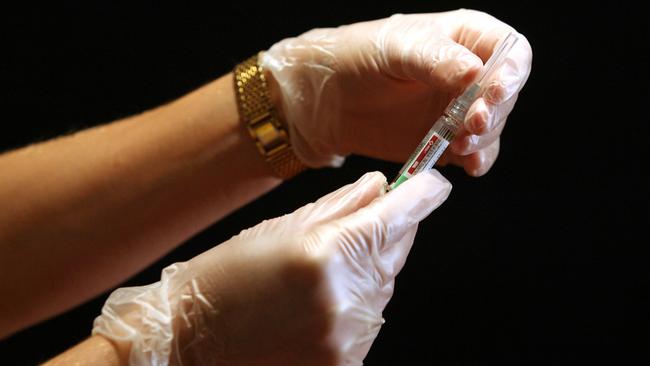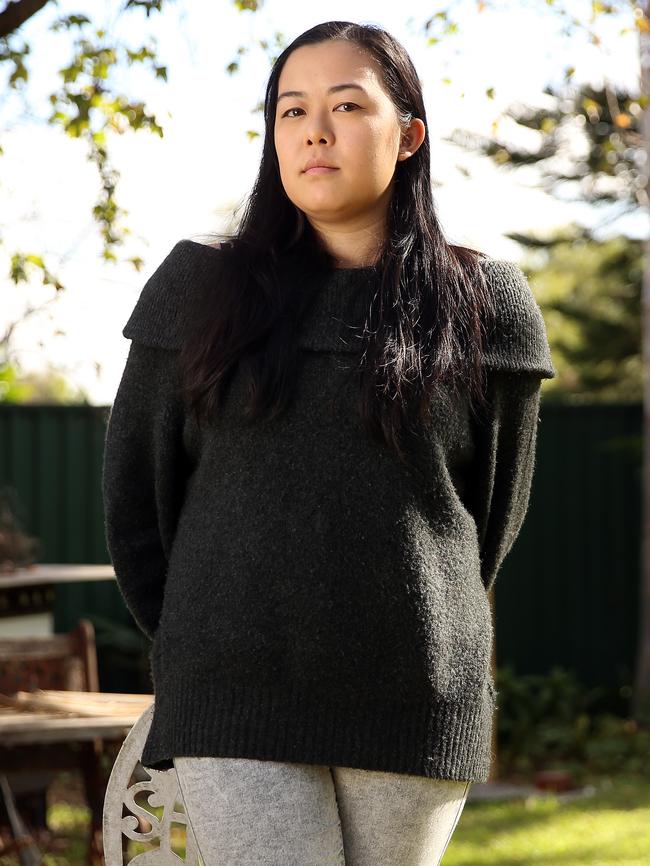New $220m cervical cancer screening register putting lives at risk
THE new $220 million National Cancer Screening Register for cervical cancer is putting women at an increased risk because it is much slower than the old system at analysing test results.
NSW
Don't miss out on the headlines from NSW. Followed categories will be added to My News.
THE $220 million National Cancer Screening Register for cervical cancer is putting lives at risk because it is much slower than the old system at matching test results with women’s medical histories.
The NCSR was launched in December last year, replacing the state-based registers that had a turnaround time of 1-2 hours to match test results to women’s histories. The NCSR is taking as long as two weeks.
Public Pathology Australia’s Jenny Sikorski said there were major concerns with the NCSR, which is run by Telstra Health.

Pathology laboratories screen for precancerous cells and the human papilloma virus and must alert doctors if women with these cells have been previously flagged with changes to the cervix.
“The worst case scenario is a woman who is suffering cancer is not aware she has it and that is a huge risk because the sooner you get treated, the better the outcome is going to be,” Ms Sikorski said.
“The problem is we can’t get in to the register to have access to those patient histories and that slows the whole process down, and the time frame of matching those patients with their history is really, really long.
“The Victorian and South Australian governments have a contingency in place where they are using the old register so they can access the history and make sure the women are being followed up properly, but that is not happening across the rest of the country.”
MORE STORIES BY JANE HANSEN
DOCTOR FUNDS WORLD-FIRST RESEARCH IN BID TO SAVE DAUGHTER FROM DEADLY BRAIN CANCER
TRANSPLANTS SAVE 11 LITTLE LIVES IN ONE ‘MAGIC’ MONTH
She is also concerned that Telstra Health was manually matching test samples with women’s histories, which has “a high risk of human error”.

“There are lots of people who have similar names and twins and lots of factors you have to take into consideration when doing the matching process,” Ms Sikorski said.
Labor’s health spokeswoman Catherine King said the rollout of the NCSR was rushed and Telstra had no previous experience in managing a database of this kind.
“These patient-matching problems are unacceptable — and could cost lives. And it’s totally absurd the Victorian and South Australian governments are resorting to using their old registers because the new system is so plagued with problems,” she said.
Dr Ginni Mansberg of the Australian Cervical Cancer Foundation said “the whole point of the new screening register was to decrease the risk of people getting cervical cancer” but it was “ridiculous” labs could not get into the register.
Katherine Tran, 30, knows how quickly cervical cancer can take hold. At age 26, a pap smear showed she had a 2cm tumour on her cervix.
“It was a very, very close call, I had my cervix removed but I kept my uterus, which means I can still have children. It is very important you get timely reminders to have your tests,” the IT worker from Berala said.
